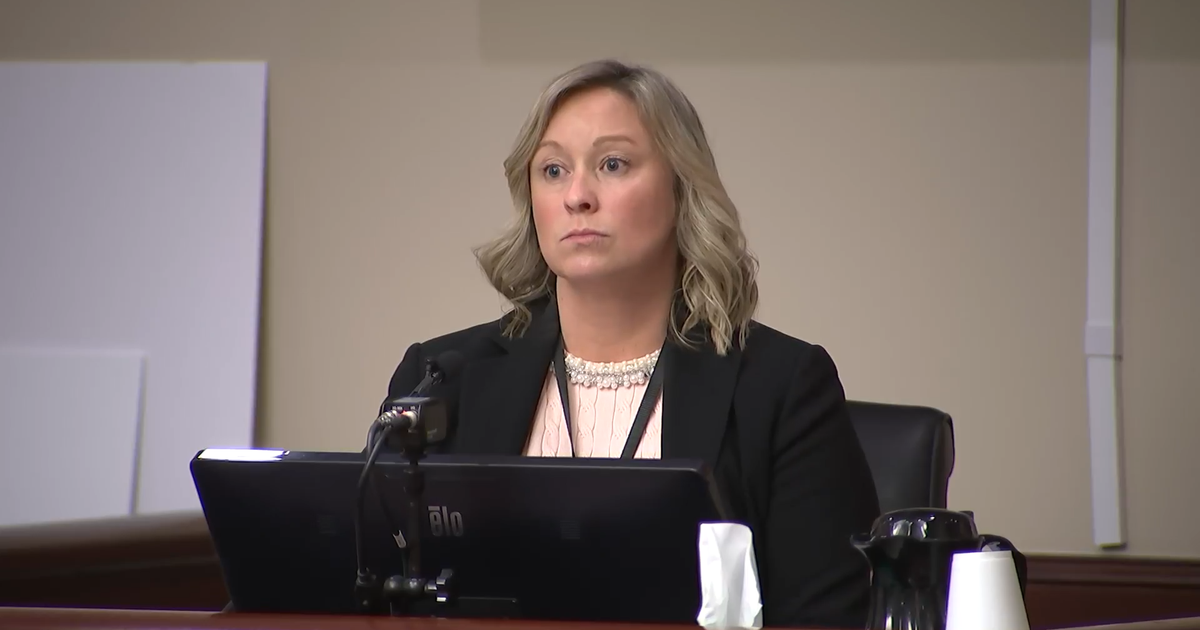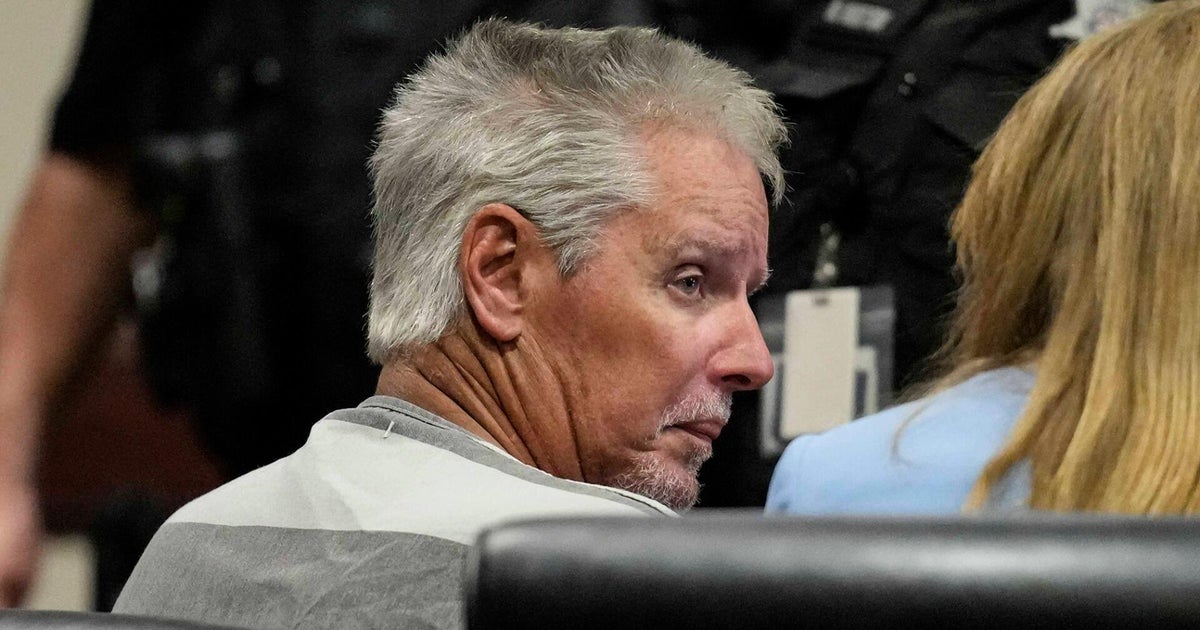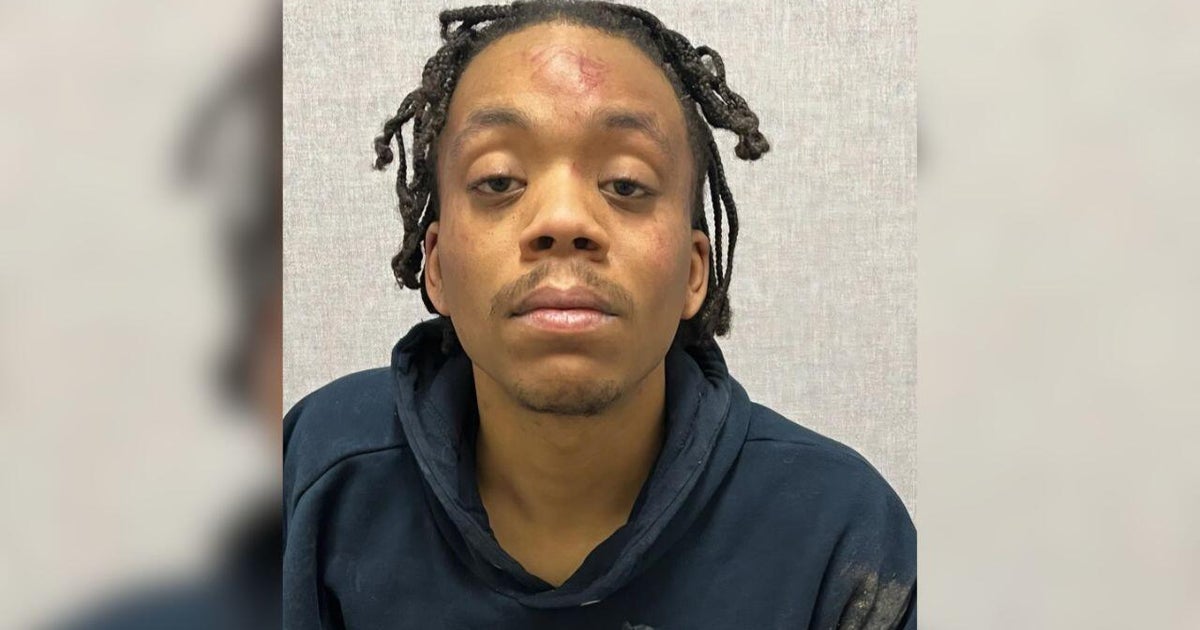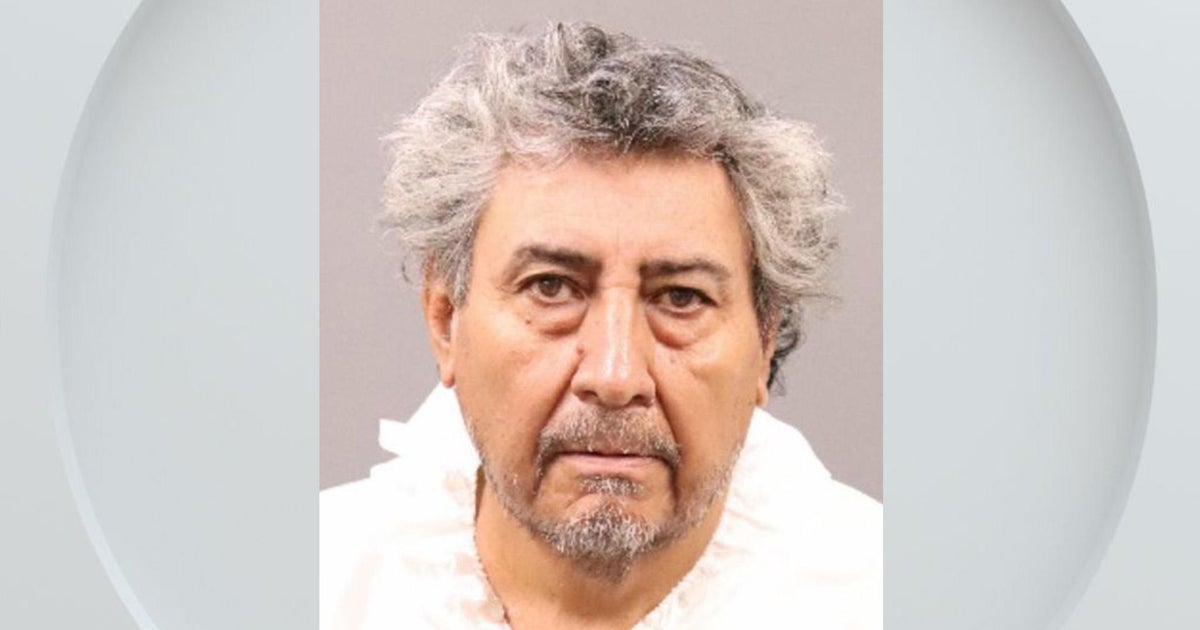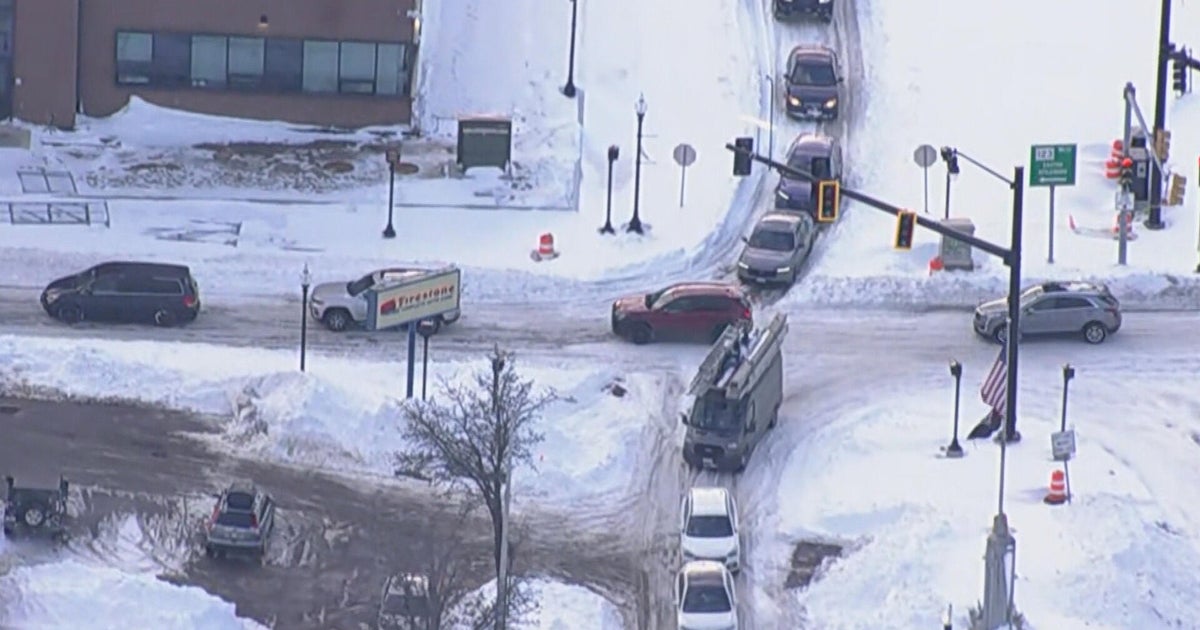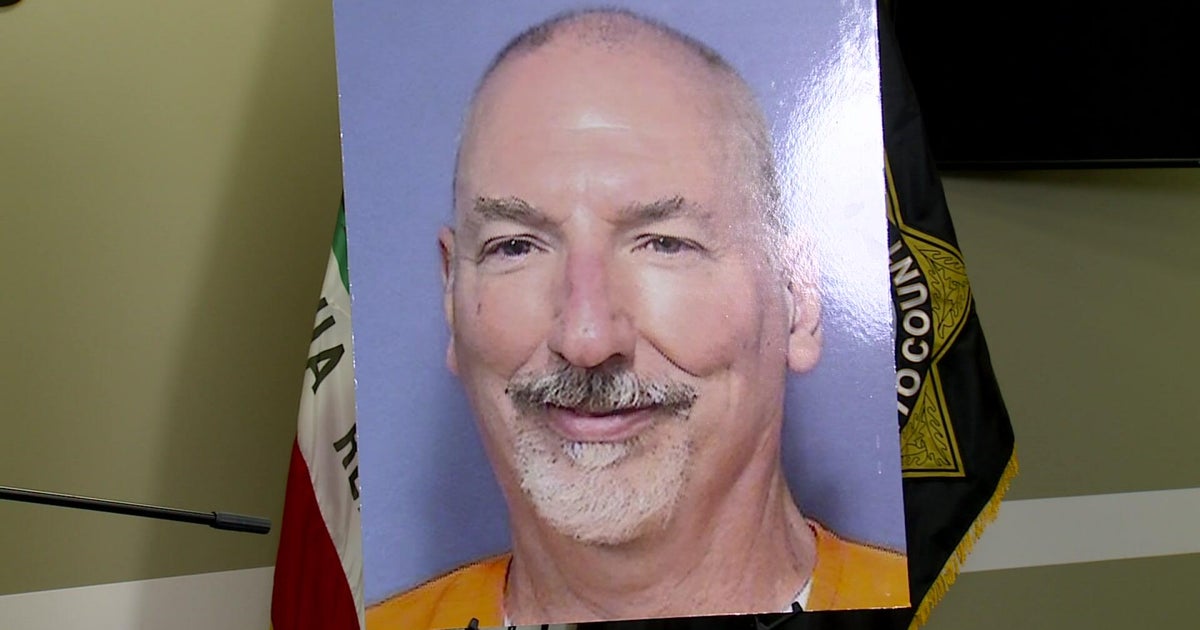Freddie Gray's Police Van Driver Goes On Trial This Week
BALTIMORE (AP/WJZ) — The stakes are high in the upcoming trial for an officer prosecutors say bears the most responsibility for the death of Freddie Gray, a young black man whose spine was snapped in the back of a police transport wagon.
Amy Yensi reports prosecutors will have a tough time proving he's guilty.
The van driver, Officer Caesar Goodson, faces second-degree murder and other charges. He will also face buck-passing from fellow officers who have already testified in two previous trials that if anyone was responsible for ensuring Gray's safety, it was him.
The officer faces 30 years in prison if he's convicted of the murder charge. If prosecutors fail to secure a guilty verdict, it will be the third straight trial in which they haven't gotten a favorable decision: The first trial ended in a hung jury and the second finished with an acquitted last month.
Prosecutors say Goodson was grossly negligent when he failed to buckle Gray into a seat belt and call for medical aid during Gray's 45-minute ride in the back of Goodson's transport van April 12, 2015. But with no eye witnesses and very little physical evidence, experts say the government could be facing an uphill battle.
"It would be devastating for the state to lose Goodson's trial because there's no question that the ultimate responsibility lies with the van driver," said Warren Alperstein, a Baltimore attorney who has been closely following the case.
Legal analyst Adam Ruther agrees the state could be facing an uphill battle.
"Officer Goodson is being charged for failing to do something that the state claims he had a duty to do, which is to get Freddie Gray the medical attention he was asking for," Ruther said.
Gray died a week after he was injured in the van. His death prompted protests and civil unrest in the streets of Baltimore, and his name became a national rallying cry for people angry over officers' mistreatment of African Americans.
Gray was arrested in West Baltimore after making eye contact with a bicycle officer and running away. Once he was handcuffed and placed inside the van, witnesses have testified that Gray began to scream and kick so violently he shook the wagon. Two blocks from the arrest site, the wagon stopped again, and three officers took Gray out of the van to put him in leg shackles. They then placed him on the floor of the van, head-first and on his belly. He was never buckled into a seat belt, as required by department policy.
The van made six stops in total during the trip from the site of his arrest to the Western District station house. Goodson is the only officer present at each of the stops. At one point, Goodson stopped the van to check on Gray without any other officers there.
Goodson, 46, faces second-degree "depraved-heart" murder, manslaughter, assault, misconduct in office and reckless endangerment charges. Prosecutors say that Goodson was so negligent in his failure to buckle Gray into a seat belt that he disregarded the apparent risk to Gray's life and wellbeing.
Officer William Porter, whose trial ended in a hung jury in December, testified during his trial that he told Goodson at one of the stops to take Gray to the hospital, but Goodson didn't. Instead, Goodson made another stop to pick up a second prisoner. Poter is expected to be the star witness in this trial.
Goodson recently filed a motion seeking to block prosecutors from entering into evidence statements Porter made to an investigator. A pretrial hearing is scheduled for Monday and jury selection is expected to start Tuesday.
Goodson is the only officer who chose not to make a statement to investigators. His attorneys are trying to keep out testimony of leading internal affairs investigator Syreeta Teel, who says Gray asked for a medic. They are also trying to block parts of the autopsy.
"This is unlike the other trials, where at least the state had a preview as to what the defense might be or what the defendant might say on the witness stand," said Steve Levin, a Baltimore attorney who is familiar but unaffiliated with the case.
"All the stops, it could work in Goodson's favor because it demonstrates that he was concerned about his prisoner," Levin said. "At the same time, it could work in the state's favor because prosecutors could argue that Officer Goodson saw Mr. Gray several times and he saw that he was injured and needed medical aid, and that he was so concerned that he kept checking on Gray."
Another key difference between Goodson's trial and Officer Edward Nero, who was acquitted last month, is who will decide. Nero opted for a bench trial, while Goodson could place his fate in hands of a jury. Court officials have indicated that jury selection will begin Tuesday, however Goodson could still opt for a judge trial.
David Weinstein, a former federal prosecutor familiar with the case, said if he chooses a jury trial, selecting the panel will be a crucial process.
"That's where people's sympathies and experiences come into play," he said. "This will be critical, between pretrial publicity, preconceived notions about law enforcement and people and crime and what an officer's job is. It'll all come into play here."
Follow @CBSBaltimore on Twitter and like WJZ-TV | CBS Baltimore on Facebook
(© Copyright 2016 The Associated Press. All Rights Reserved. This material may not be published, broadcast, rewritten or redistributed.)
